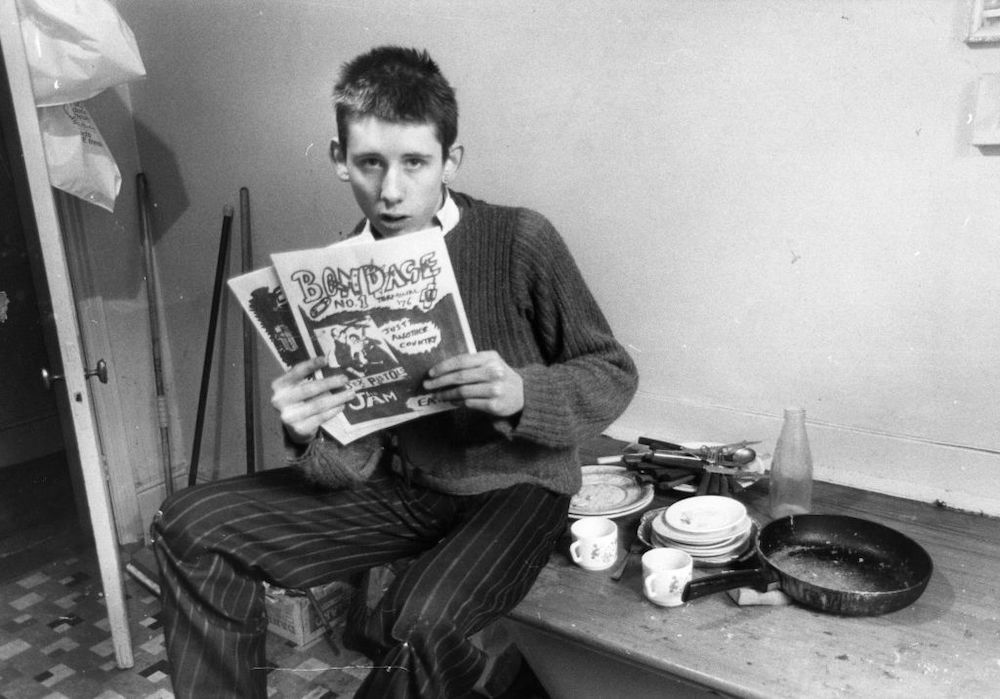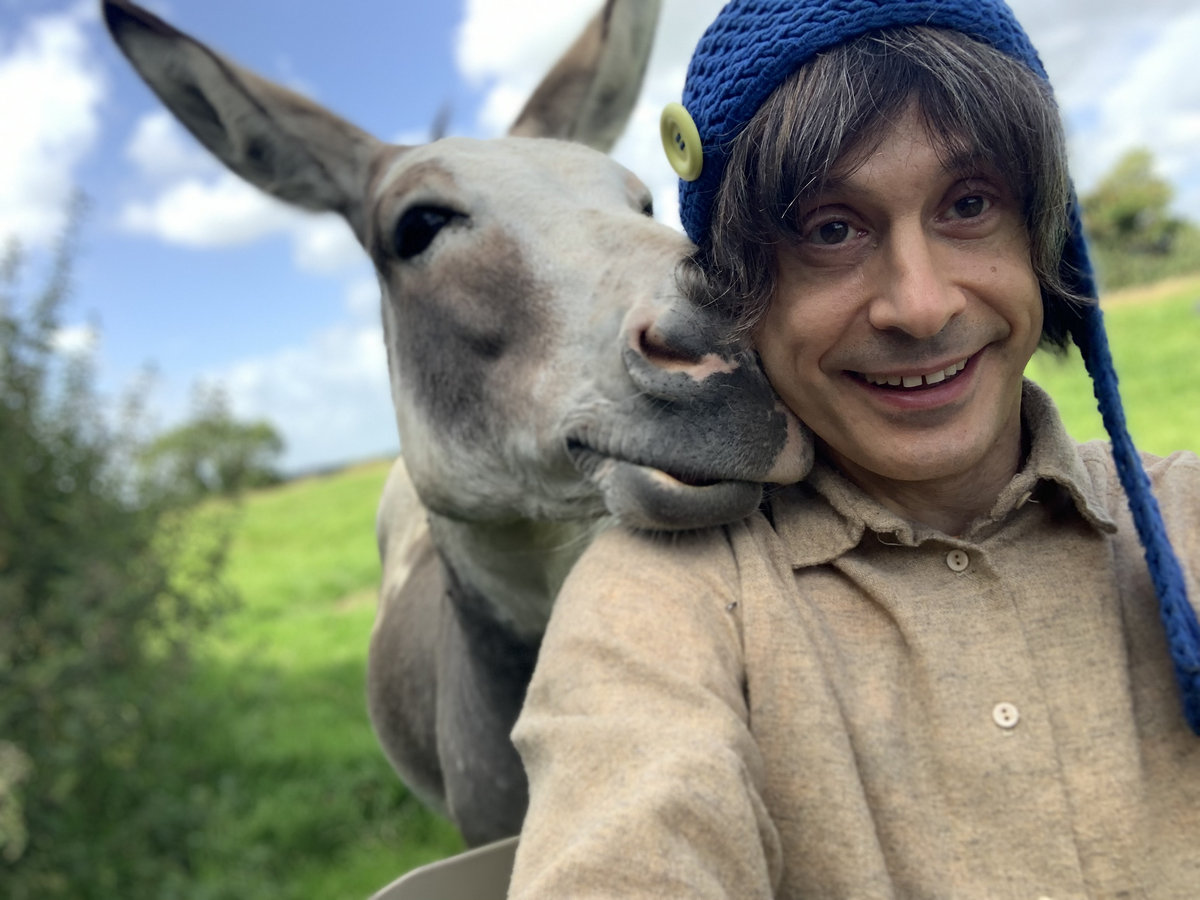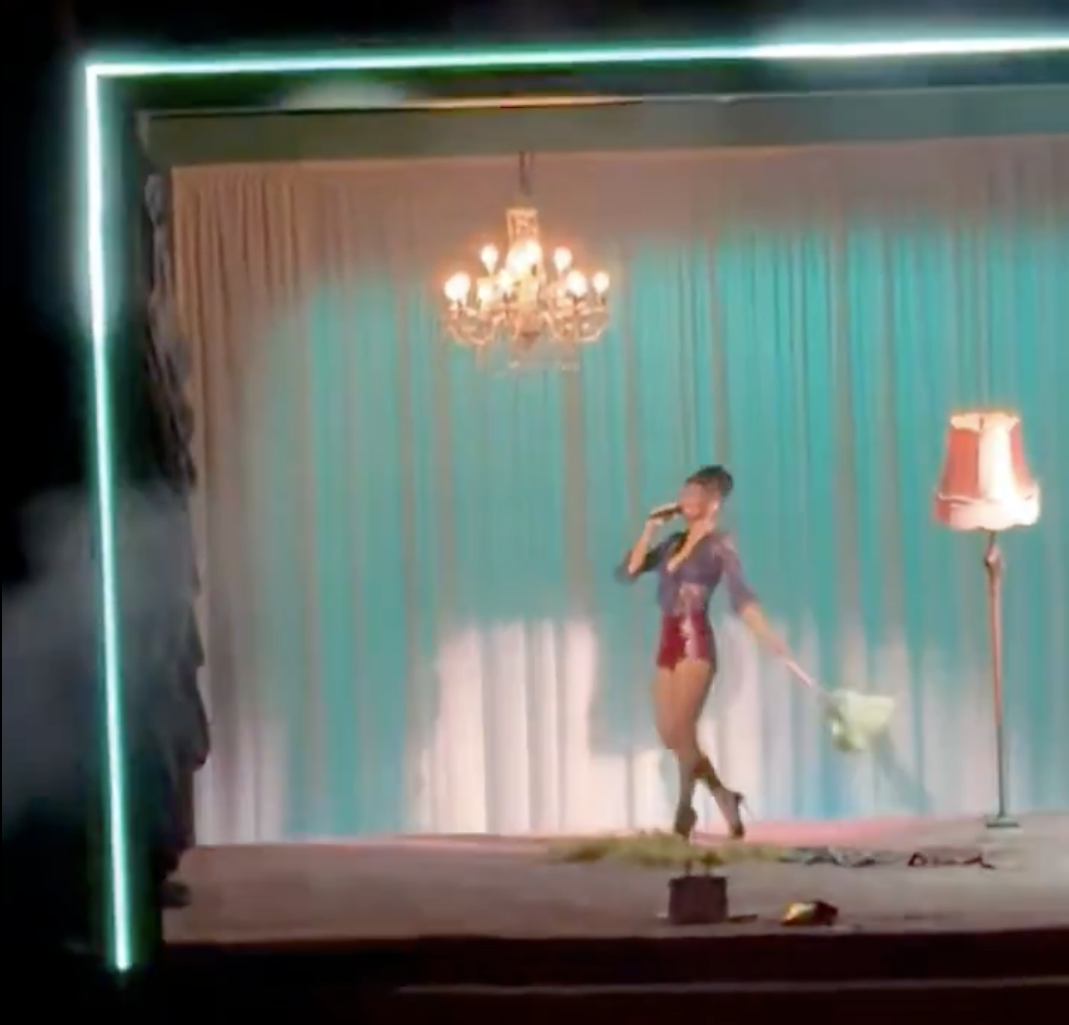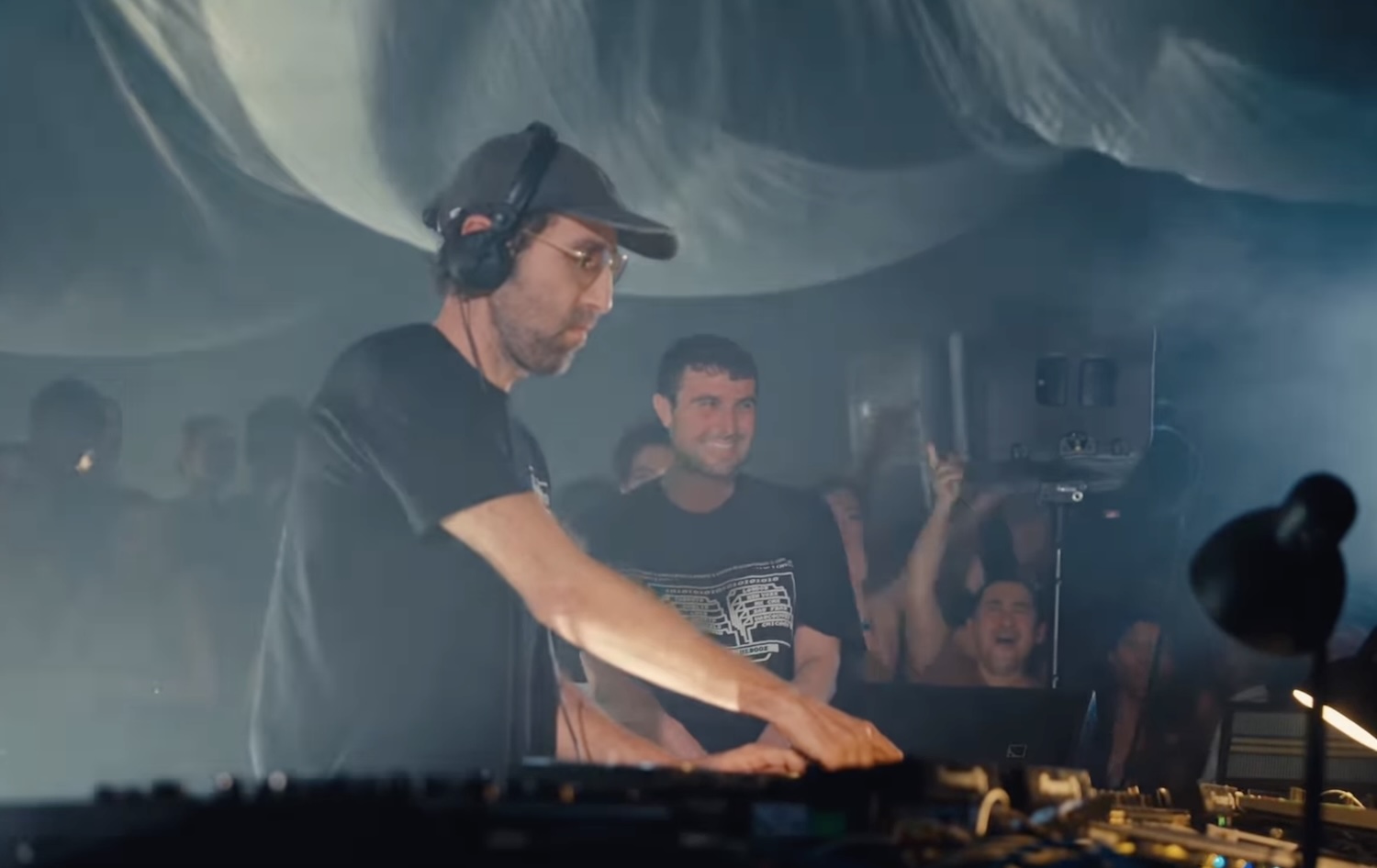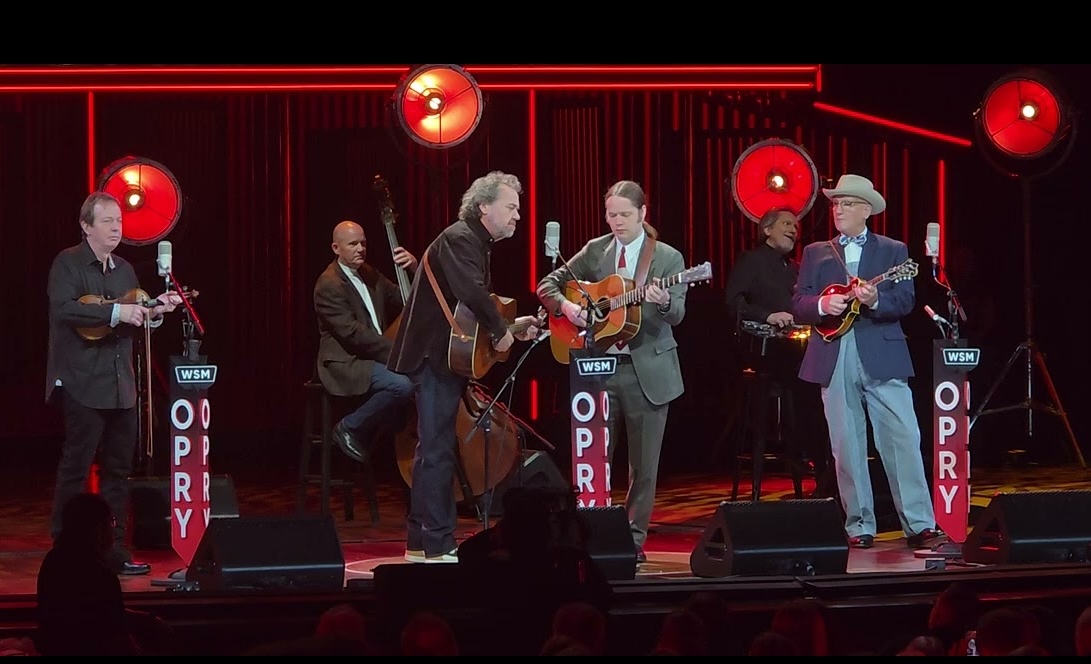The legendary Pogues frontman Shane MacGowan has died. According to a statement that the Pogues posted on social media, MacGowan "died peacefully at 3AM this morning (30 November, 2023) with his wife Victoria and his family by his side." The BBC reports that MacGowan, who's had many health problems over the years, was recently diagnosed with encephalitis. MacGowan was 65.
Shane Patrick Lysaght MacGowan, the son of Irish immigrants living in England, grew up while frequently moving around both England and Ireland. As a teenager, he became a regular at early punk shows in London, and he formed his first band, the Nipple Erectors, otherwise known as the Nips. Shortly afterward, MacGowan and a few other Londoners of Irish heritage formed the Millwall Chainsaws, which went through a bunch of different names -- the New Republicans, Pogue Mahone -- before settling on the Pogues. The band combined punk rock squalor with traditional Irish folk instrumentation, and they self-released their debut single "Dark Streets Of London" in 1984.
The Pogues' original, compelling sound and their wild live performances drew early attention, and they released their debut album Red Roses For Me on the storied punk label Stiff Records in 1984. A year later, Elvis Costello produced their near-perfect sophomore album Run, Sodomy & The Lash. MacGowan didn't exactly have the most melodious singing voice, but his slurry growl and his grimy, poetic lyrics made him one of the most magnetic frontmen of his era. If you can hear him sing "And The Band Played Waltzing Matilda" without squirting out a couple of tears, then you're tougher than me.
The Pogues' cover of Ewan MacColl's "Dirty Old Town" became a minor UK hit, and they contributed the single "Haunted" to the soundtrack of 1986's Sid & Nancy. In 1987, the Pogues landed two huge hits, both of which went to #1 in Ireland: A version of the folk traditional "The Irish Rover," recorded with the Dubliners, and the bruised and troubled holiday song "Fairytale Of New York." The latter, recorded as a duet between MacGowan and Ewen's daughter Kirsty MacColl, has become a Christmas perennial, though its use of a particular slur has been a point of constant debate.
During the years of peak success for the Pogues, Shane MacGowan was a problem for the rest of the band. He was drunk and erratic, and he no-showed dates on the band's 1988 American tour. In 1991, the Pogues fired MacGowan. Joe Strummer, formerly of the Clash, briefly took over lead-vocal duties before MacGowan's former bandmate Spider Stacy became their frontman. MacGowan published a memoir called A Drink With Shane MacGowan in 1991, and he formed a new group, Shane MacGowan And The Popes, who released two albums in the '90s. MacGowan also recorded collaborations with people like Nick Cave, Sinéad O'Connor, the Jesus And Mary Chain, and the Dropkick Murphys. He also appeared on an all-star charity cover of Lou Reed's "Perfect Day," which went to #1 in the UK in 1997.
The Pogues, not terribly successful without Shane MacGowan, broke up in 1996. In 2001, the band reunited, with MacGowan back in the lineup, and they toured intermittently until 2014. I saw them play Chicago in 2011, with Titus Andronicus opening, and I thought they were great. MacGowan suffered from heroin addiction and alcoholism, and his drunken antics became the stuff of legend, partly because he never tried to hide the darkness of his life. After breaking his pelvis in a fall in 2015 -- the same year that he got his famously terrible teeth fixed -- MacGowan used a wheelchair for the rest of his life.
Shane MacGowan's demons were always right up front, both in his lyrics and his public presentation. He wrote incredible, evocative lyrics about personal and societal struggles, and he performed those lyrics with a reckless excitement that nobody could match. We'll never see his like again.
Below, check out some of Shane MacGowan's work, both with the Pogues and outside of the band.
— The Pogues (@poguesofficial) November 30, 2023
